Choosing the Right Olive Tree Based on Your Garden Size and Needs
The Best Olive Variety for Hedging
Olea Europea Bambalina and Olea Europea Tolleys Upright are both excellent varieties for hedging around the perimeter of your property. These varieties have a narrow, upright form, making them ideal for creating a privacy screen or windbreak. They are also low maintenance and do not require frequent pruning.
Swan Hill is another variety that is great for hedging, especially around pools, as they do not fruit. This non-fruiting variety is perfect for those who want the look of an olive tree without the mess of fallen fruit.
Olea Europea Bambalina:
Common Name: BambalinaMature Height: 5-7 m
Mature Width: 3-5 m
Form: Rounded
Uses: Hedging
Tolerates: Drought, Frost, Heat
Drought Hardy: Yes
Sun: Full Sun
Maintenance: Low
Olea Europea Bambalina is a dwarf olive tree that is an excellent choice for low hedges. It has a compact growth habit, reaching a height of only 2-3 meters, and a dense, bushy form that makes it perfect for privacy screens. Olea Europea Bambalina is an evergreen variety, with small, narrow, grey-green leaves that provide a lovely contrast to other foliage. It also produces small, black olives that are ideal for pickling.
Olea Europea Swan Hill:
Common Name: Swan Hill
Mature Height: 5-7 m
Mature Width: 3-5 m
Form: Rounded
Uses: Hedging
Tolerates: Drought, Heat, Salt
Drought Hardy: Yes
Sun: Full Sun
Maintenance: Low
Swan Hill is a non-fruiting olive tree that is an excellent choice for hedges. Because it doesn't produce fruit, it is a low maintenance option for those who don't want to deal with fallen olives. Swan Hill has a dense growth habit and attractive grey-green foliage, making it a great choice for privacy screens. It is also tolerant of drought and heat, making it a good option for hot, dry climates. 
Olea Europea Tolleys Upright
Common Name: Tolleys Upright
Mature Height (meters): 2-3 meters
Mature Width: 1-2 meters
Form: Dense and upright
Uses: Excellent for hedging and screening
Fruiting (yes/no): Yes, produces small, edible fruit
Tolerates: Tolerant to drought and wind
Drought Hardy: Yes
Sun: Full sun
Maintenance: Requires regular pruning to maintain its shape and promote fruit production.
Olea Europea Tolleys Upright is an upright-growing olive tree that is perfect for tall and narrow hedges. It has a dense growth habit and grows to a height of up to 5 meters, making it an excellent choice for privacy screens. The foliage is a deep green color, and the leaves are long and narrow, providing a lovely textural contrast. This variety is also evergreen, providing year-round interest.
The Best Olive Variety as a Feature Tree
Manzanillo, Kalamata, Del Morocco and Garden Harvest are the best varieties to use as a feature tree. These varieties are all fruiting. They have a broad, spreading form and can grow to be quite large, making them a great centerpiece for any garden.
Olea Europea Manzanillo
Common Name: Manzanillo
Mature Height (meters): 10m
Mature Width: 6m
Form: Rounded
Uses: Feature Tree, Fruit
Tolerates: Frost, Heat, Wind
Drought Hardy: Yes
Sun: Full sun
Maintenance: Low
Manzanillo is a fruiting olive tree that is a great choice as a feature tree. It has attractive, silver-green foliage and an interesting twisted trunk that adds visual interest to a garden. Manzanillo olives are large and plump, with a firm texture and a mild, buttery flavor. They are excellent for eating or making oil. Manzanillo trees can grow up to 10 meters tall and have a spread of up to 6 meters, so they are best for larger properties.
Olea Europea Kalamata
Common Name: Kalamata
Mature Height (meters): 6m
Mature Width: 4m
Form: Rounded
Uses: Feature Tree, Fruit
Tolerates: Frost, Heat, Wind
Drought Hardy: Yes
Sun: Full sun
Maintenance: Low
Kalamata is a fruiting olive tree that is an excellent choice as a feature tree. It has attractive grey-green foliage and a spreading growth habit that provides excellent shade. Kalamata olives are large and dark purple, with a rich, fruity flavor that makes them ideal for eating or making oil. Kalamata trees can grow up to 8 meters tall and have a spread of up to 6 meters.
Olea Europea Del Morocco
Common Name: Del Morocco
Mature Height (meters): 5m
Mature Width: 4m
Form: Rounded
Uses: Feature Tree, Fruit
Tolerates: Frost, Heat, Wind
Drought Hardy: Yes
Sun: Full sun
Maintenance: Low
Olea Europea Del Morocco is a fruiting olive tree that is an excellent choice as a feature tree. It has attractive, silvery-green foliage and a spreading growth habit that provides excellent shade. Olea Europea Del Morocco olives are large and plump, with a mild, buttery flavor that makes them ideal for eating or making oil. Olea Europea Del Morocco trees can grow up to 10 meters tall and have a spread of up to 8 meters, so they are best for larger properties.
Olea Europea Garden Harvest
Common Name: Garden Harvest
Mature Height (meters): 2-3 meters
Mature Width: 1-2 meters
Form: Dense and upright
Uses: Excellent for hedging and screening
Fruiting (yes/no): Yes, produces small, edible fruit
Tolerates: Tolerant to drought and wind
Drought Hardy: Yes
Sun: Full sun
Maintenance: Requires regular pruning to maintain its shape and promote fruit production.
Olea European Garden Harvest is a fruiting olive tree that is an excellent choice for smaller gardens. It has a compact growth habit, reaching a height of up to 3 meters, and is well-suited for growing in pots or containers. The foliage is a silvery-green color, and the leaves are small and narrow. The olives are small to medium in size, with a mild, buttery flavor that makes them perfect for eating or making oil. Olea European Garden Harvest is also an evergreen variety, providing year-round interest.
The Best Olive Variety to Yield Fruit
If you're looking for an olive tree that will produce a bountiful harvest of olives, consider planting a Manzanillo, Kalamata or Garden Harvest variety. All of these varieties are known for their high yield of fruit and are excellent for cooking, eating, or making olive oil.
Planting and Care for Olive Trees
Soil and Watering
Before planting your olive tree, it's important to consider the size of your garden and the specific conditions of your planting site. Olive trees prefer well-drained soil with a neutral to high pH. They require little water and love dry hot summers but will tolerate some humidity and endure a cold winter, including mild frost and snow.
Pruning your Olive
As your tree grows, it's important to prune it regularly to maintain its shape and encourage healthy growth. Olive trees respond well to pruning and can be shaped into a hedge, topiary, or simply used as a feature tree in the garden. They should be kept open in the middle and pruned back often to five, six, or seven main branches radiating out from the main trunk, at approximately 1.2 metres off the ground.
Frequently asked questions
What time of year should I plant my olive?
When planting containerized trees, it doesn't matter what time of year it is planted, with each season having its own benefits. Comparing to ex-ground trees, which generally can only be transplanted (depending on the variety) throughout winter or spring. When planting, ensure that the planting hole is twice the size of the root ball and that the tree is planted at the same depth as it was in the container. Water the tree well after planting and ensure it is well watered throughout its first year in the ground.
Do olive trees have a large root system?
No, olive trees do not have an aggressive root system. In fact, they have a relatively shallow root system that spreads horizontally rather than vertically. This makes them well-suited for planting in pots or containers.
How much water olive trees require?
When olive trees are juveniles, they require regular watering to establish their root systems. However, once they mature, they become more drought-tolerant and require less water. In general, olive trees prefer well-draining soil and should be watered deeply but infrequently. It is important not to overwater, as this can lead to root rot.
What is the difference between black and green olives and which olives have which?
Black and green olives are actually the same fruit, but they are harvested at different times. Green olives are harvested when they are still unripe and have a firmer texture and a slightly bitter taste. Black olives are harvested when they are fully ripe and have a softer texture and a milder taste. Some olive varieties are more commonly used for one type of olive over the other, but it ultimately depends on when they are harvested.

What is the most popular Olea europaea variety?
Manzanillo and Kalamata are two of the most popular olive varieties. Manzanillo olives are typically larger and have a milder flavor, while Kalamata olives are smaller and have a more intense flavor. However, there are many other varieties of olive trees that are also popular and well-suited for different uses.
What is the best time of year to plant olive trees?
When planting containerized olive trees, it doesn’t matter what time of year it is planted, as long as the soil is not frozen. Each season has its own benefits. For example, planting in the spring allows the tree to establish its roots before the hot summer months, while planting in the fall allows the tree to focus on root growth before the winter. However, for ex-ground trees, which are planted directly into the ground, it is generally best to transplant them in the winter or spring, depending on the variety. This allows them to establish their root systems before the hot summer months.



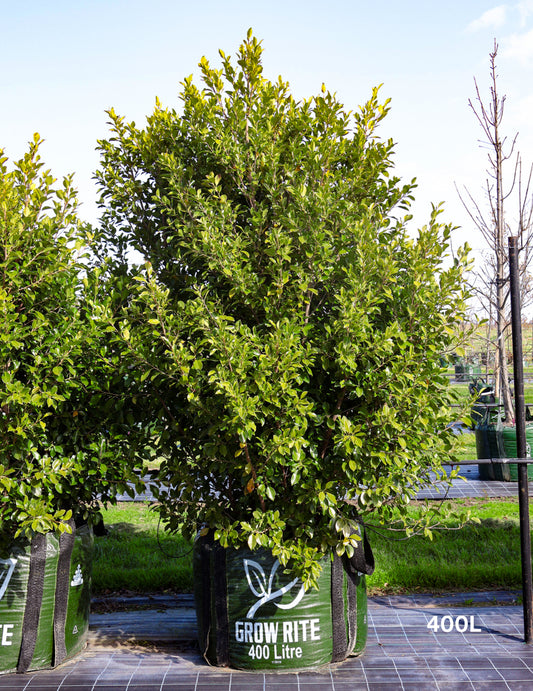

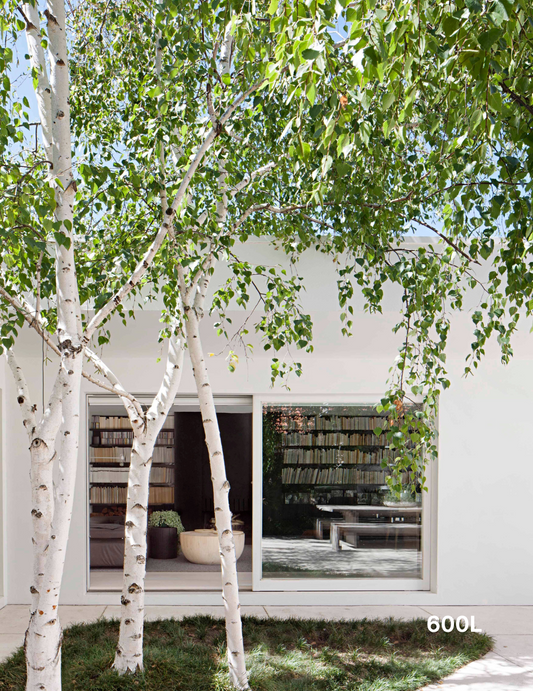
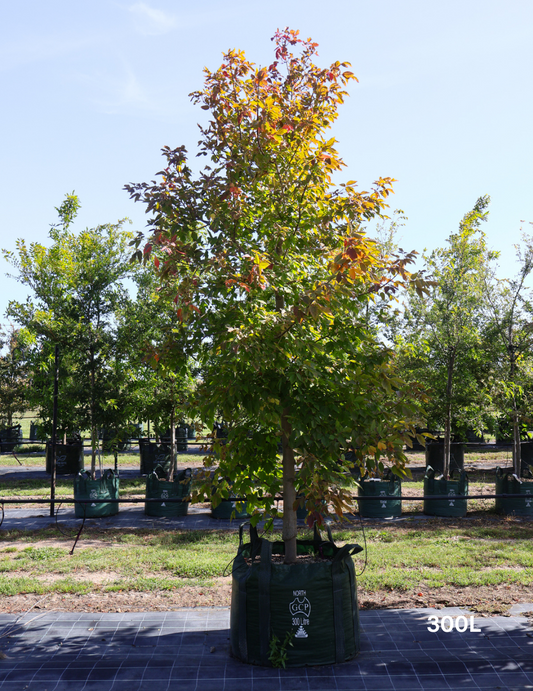













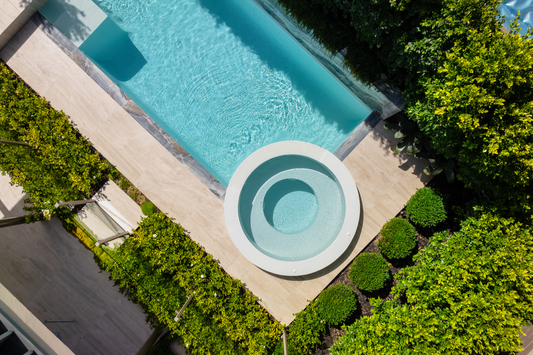
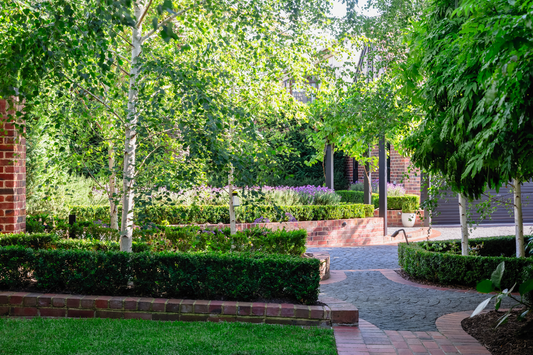
7 comments
Hi I am looking to purchase an olive tree for a container. I live in an apartment in Sunshine Coast QLD. My balcony is eastern facing and receives sun for about 5 hours throughout most of the year. It can have sea mist at night and the plant could be protected from wind and rain if necessary. Is this a suitable environment for an olive tree? Thank you.
Do you have a price list. I’d like to know price for small and large trees. Looking for feature tree and starting my own orchard.